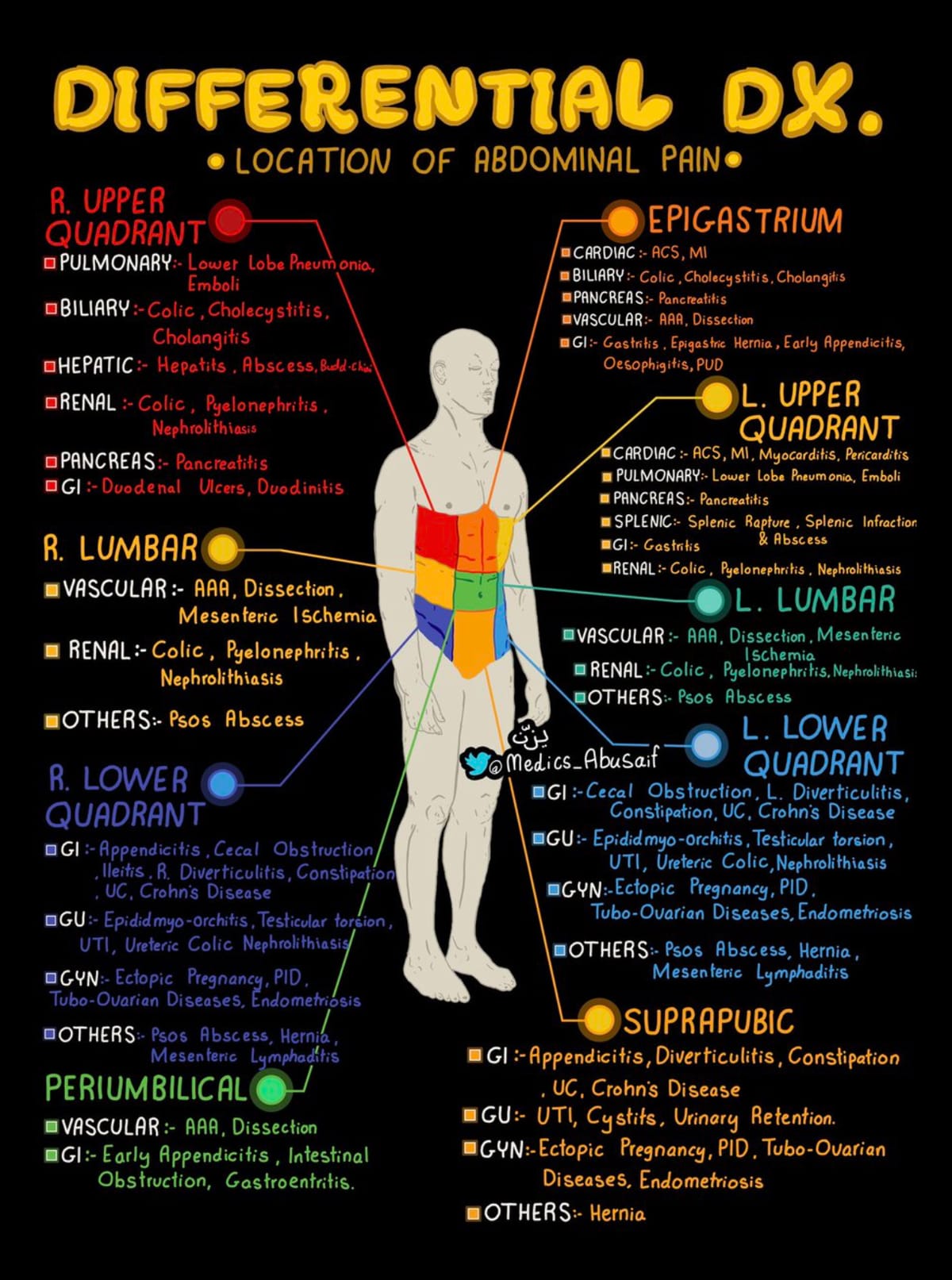Symptoms - language for your body

Symptoms are a wonderful tool that your body uses as a signalling tool.
For most of us, symptoms are an annoyance at best or downright unfair at worst. How can my head hurt all the time? Or why am I the only one to get stomach aches?
I wish for you to remain symptom-free all your life. Yet, it is useful to learn that symptoms tell you a lot about what is happening underneath the hood.
So what are symptoms? How can you learn to understand and deal with symptoms?
Simply put, anytime your body is indicating something to you, it is a symptom. From you choking because you drank water to you throwing up because you ate food that didn't agree with you.
We tend to ignore symptoms when they are minor. A cough. A sneeze. But we also begin to ignore symptoms when we get used to them. Your nose started to feel blocked. Slowly, it became a habit.
Once you got used to the idea that it was normal, it well became normal.
In the image I have used in the article (credit: Brown University), there is a clear correlation between the location of the pain in your abdomen and the cause.
I am not advocating self-diagnosis. I am only suggesting that an expert can tell by simply understanding where a pain is located.
For example, I can't tell you the number of people I have saved from worrying about a heart attack when all they had was gas confirmed by an ECG.
Symptoms speak.
So how can you use this for your benefit?
First, learn to recognise that symptoms are a language for your body to communicate with you. Don't ignore or dismiss them, even if it's been a while.
Second, find someone who can tell you why you have symptoms. What is the underlying cause?
Finally, once you know why, fix the underlying cause instead of applying a quick fix.





